CORPORATE
Osamu Suzuki – the man who led global mini-car revolution and Maruti in India – passes away
- IBJ Bureau
- Dec 28, 2024
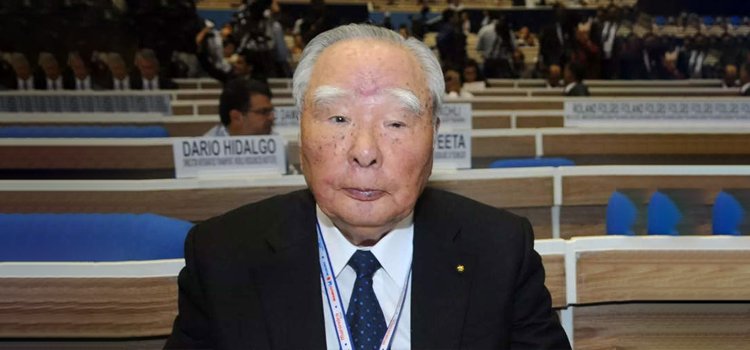
Osamu Suzuki, who ran Suzuki Motor Corp, known for its mini-cars and motorcycles, across several decades and drove the company’s global expansion, has died. He was 94.
Mr Suzuki died of lymphoma on December 25, the company said in a statement.
Born Osamu Matsuda, Suzuki married into the family that gave the Hamamatsu, Japan-based automaker its name. During his long tenure, he formed partnerships with General Motors Co and Volkswagen to sell vehicles in North America and Europe and leveraged Suzuki Motor’s expertise in small cars to build a dominant market share in India.
“If I were to listen to everybody, it would make things too slow,” Mr Suzuki said of his leadership philosophy in I’m a Small-Business Boss, a Japanese-language memoir published in 2009. “Never stop, or else you lose.”
Mr Suzuki’s more than 28 years as president across two terms made him the longest-serving head of a global automaker. He passed the presidency to his son in June 2015 and assumed a role as chairman and chief executive officer, a dual title that he held onto for a year before stepping down as CEO in the wake of a fuel-economy misstatement. The company admitted to using unapproved methods to test the fuel mileage of its vehicles in Japan, spurring a sharp selloff in the company’s stock and a wave of management departures.
A former bank employee, Mr Suzuki got his start in the automotive business, thanks to his arranged marriage to Shoko Suzuki, a granddaughter of Michio Suzuki, who founded Suzuki Motor’s predecessor, a loom manufacturer, in 1909. Mr Suzuki took his wife’s surname, as is the Japanese custom when there are no male heirs to a family business.
He joined the company in 1958, three years after the debut of its first motorcycle, the ColledaCOX 125cc 4-cycle, and the Suzulight 360cc 2-cycle car, which helped usher in Japan’s mini-vehicle age.
He served in several management roles before becoming president in 1978. The next year he made his first mark by introducing the Alto mini-car in Japan. A big hit, the model was credited with resurrecting the domestic market for mini-cars.
Betting that the company could establish a foothold in small markets neglected by larger rivals, he led Suzuki Motor’s overseas expansion by building production bases from Pakistan to Hungary.
His greatest achievement was often considered to be his expansion into India. He came across a newspaper article about the Indian government’s search for an auto-making partner and in 1982 met with a team from the South Asian nation in a Tokyo hotel.
Suzuki Motor agreed to set up a venture with the Indian government outside New Delhi and acquired a 26 per cent stake in State-owned carmaker Maruti Udyog. The next year, the venture rolled out the Maruti 800 small car, which was so popular that waiting times to purchase it stretched as long as three years.
Maruti, now a unit of Suzuki Motor, quickly became the biggest carmaker in India, though its market share has been eroded by Hyundai Motor Co and Tata Motors Ltd.
eMAGAZINE More
Latest Tweets
IBJ CHATBOX More
Interview (Part 2): Devipshita Gautam, Entrepreneur & Life Coach
SPIRITUAL CORNER - Eternal Self
- Apr 02, 2025


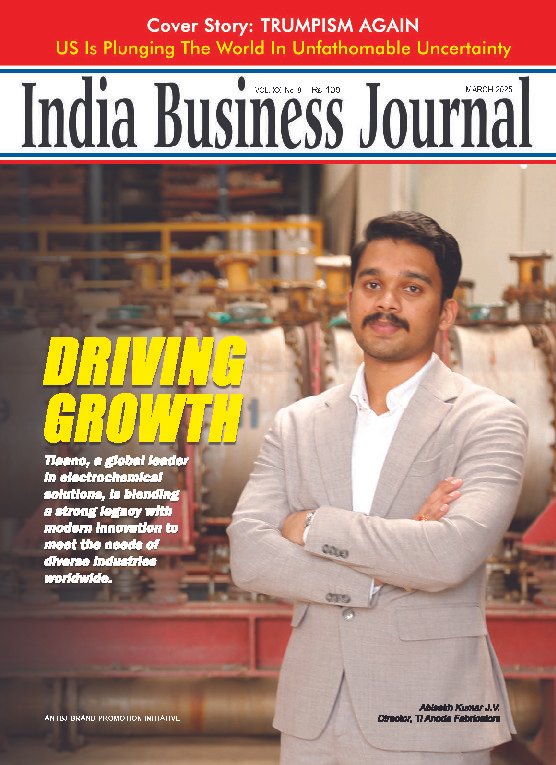
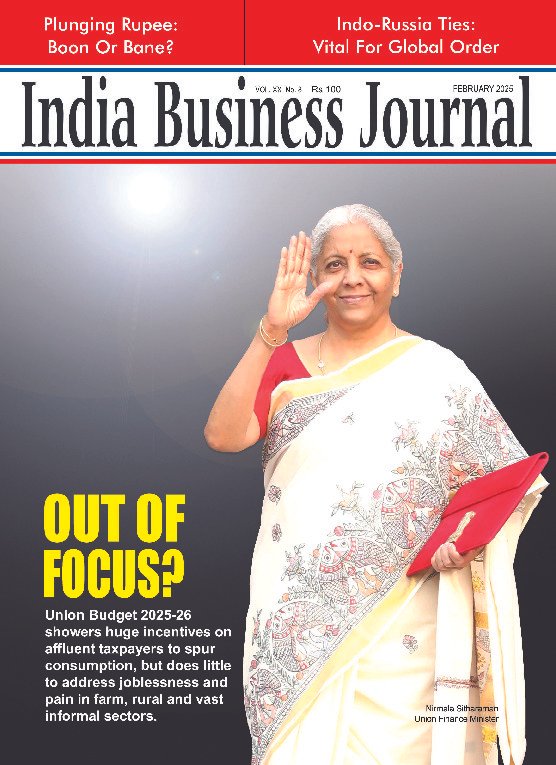
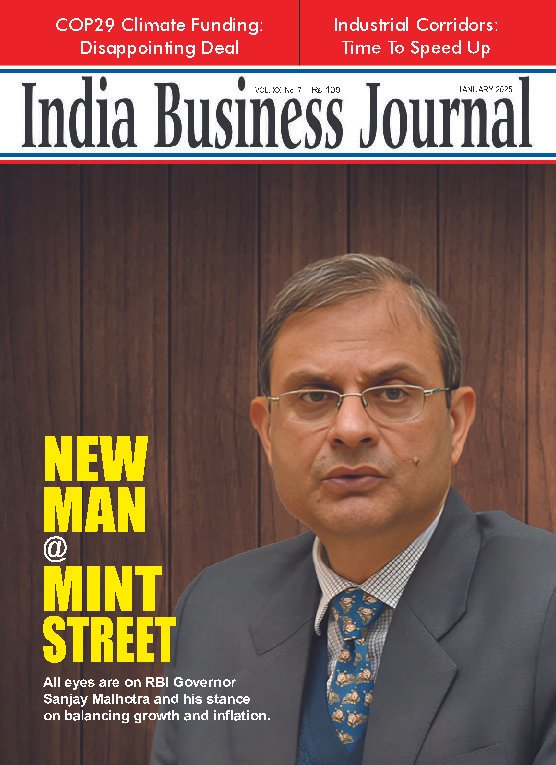
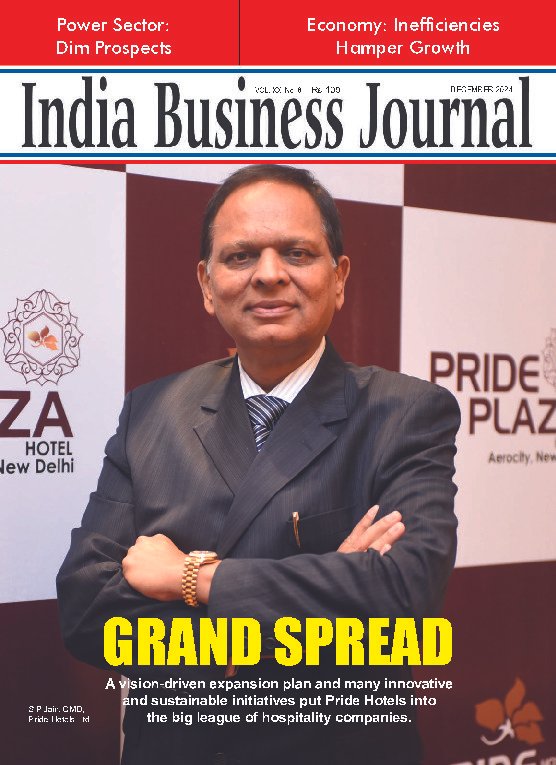






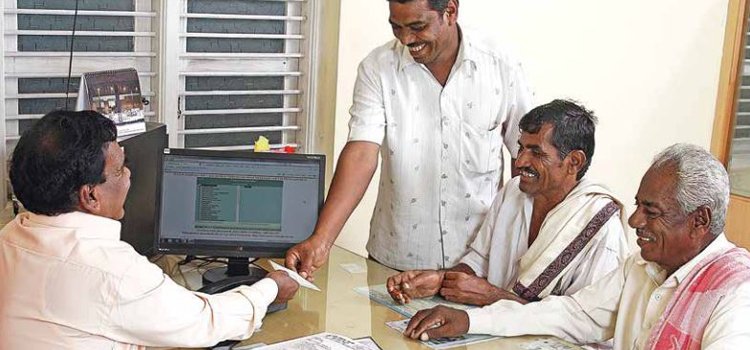

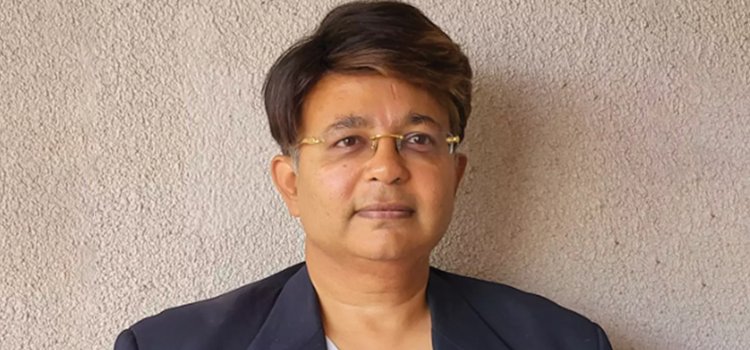






Report By
View Reporter News